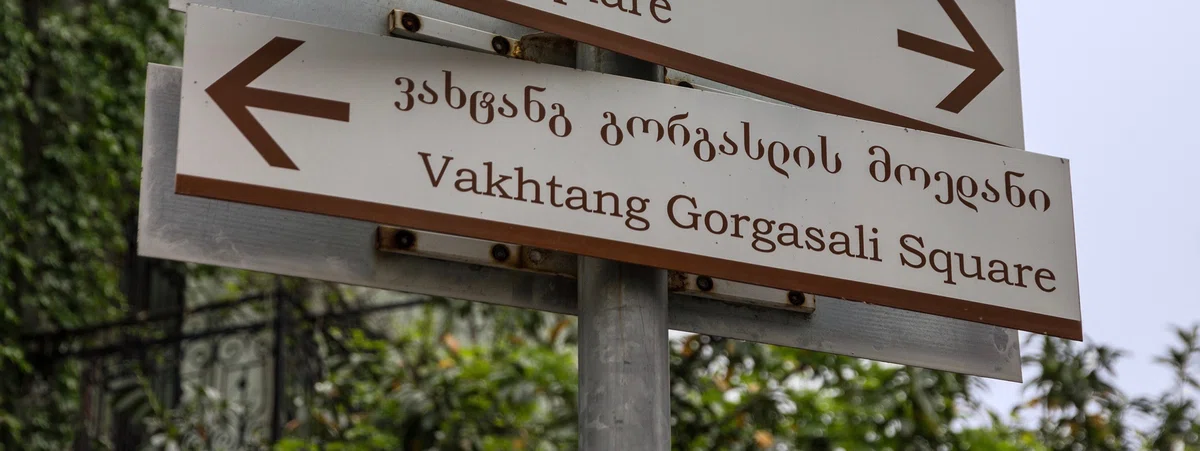
Georgian surnames: history. A list of the most beautiful and popular Georgian surnames.
The list of the most beautiful, popular surnames in Georgia for 2011 and their interpretation. List of declension rules. The story about why the structure of surnames differs from other languages and what is the similarity with Russian on our madloba website.
Interesting facts about Georgian surnames ⬇️
The pedigree of each person begins with the study of ancestral surnames, the rules of word formation and the subtleties of the language. In Georgia they began to be appropriated already in the Middle Ages.
All over the world, Georgian surnames are very distinguished by their sonority, the presence of a peculiar structure and special endings-suffixes. The formation of Georgian surnames has its own history. The first surnames were formed depending on the locality where a person lived, for example: Amilakhvari, Amirejibi, Eristavi, Dekanozishvili.
On the territory of Georgia, surnames with suffixes -dze and -shvili are more common. In Georgian language they are synonyms, but they have a distinctive function.
History of origin
This division occurred in ancient times, when the Georgian state was divided into two regions: Colchis (western side) and Iberia (eastern side).
Among the indigenous inhabitants of the western and central part of Georgia, in the regions Imereti, Houris and Adjara, surnames with the suffix -dze are common. Translated, it means "son". Georgian surnames often come from patronymics, so the suffix -dze in such surnames is quite understandable. Characteristic of the Mingrelian population, also living in the western territory of Georgia - Megrelia, surnames with suffixes -ua and -ia are characteristic.
In the east of Georgia, in the regions of Kakheti and Kartli, residents mostly bear surnames with the suffix "-shvili", which means "child".
Despite the fact that the first Georgian surnames appeared much earlier than the Russians, their bulk spread during the feudal fragmentation of Georgia. The political, cultural and economic differences of the principalities led to the diverse development of the language and forms of surnames.
The first documentary mention of the meanings and origin of Georgian surnames dates back to the VII—VIII centuries. During certain periods of public development, the Georgian surname was associated with various factors. Especially popular were names formed from patronymics, occupation, names of the region or social status, for example, Zukhba and Amilakhvari. Since the XVII century, surnames have been formed almost everywhere in Georgia on the basis of the name of the locality, for example, Surameli. There is also a variant of composing from Muslim names, for example, Narimanidze and Japaridze.
Interpretation of Georgian surnames
According to research conducted by the Civil Registry Agency of Georgia, the following has become known about the popularity of Georgian surnames:
Surnames with the suffix -dze are in the first place in popularity, since these surnames have ancient roots.
In second place are surnames with the suffix —shvili. These surnames appeared later. Their distribution is determined at the time when the unification of Georgia began.
In the third place in popularity there are several suffixes at once: -e, -ati, -iti.
In the fourth place, you can see the surnames of representatives of the princely power, as well as significantly important families of Georgia. In such surnames there is a suffix -ani, for example: Dadiani. An interesting fact is that currently a person bearing a surname with the suffix -ani is not necessarily a descendant of a princely family.
In fifth place are the suffixes -uli, -uri, -iya, -ava, -aya. They are rarely found in Georgian surnames. But today the people have several representatives of such surnames: Okudzhava, Danelia.
In the sixth and last place are single examples of surnames with the suffix -nti. It has Chan/Svan roots. Example: Glonti.
In addition to suffixes, Georgian surnames may have the prefix m- with a root denoting a profession. According to statistics, the popularity of such surnames can be traced in the eastern regions, closely connected with Persia. Some of them are rewritten from the Persian alphabet into Georgian. For example: Mdivani means "clerk", Mebuke means "bugler", and the surname Japaridze is formed from the profession "postman".
The most unique of all is the surname Amilakhvari, which has its roots in Persia. Its main feature is that it has no suffix or ending. It is found mainly in the eastern highlanders. Here is a small summary of the population with common surname endings in Georgia:
-Dzeh – 1.78 million people (in Adjara, Imereti)
-Shvili – 1.2 million people (West of the country)
-Uri – 730 thousand people (Tsagher district, Mestia, Chkhetiani)
-Uli – 234 thousand people (Eastern Georgia)
-Iani – 129 thousand people (Western Georgia)
-Shi — 7263 people (Adjara, Guria)
-Skiri – 2375 people (Regions in the east)
-Kori – 1831 people (Regions in the east)
-Kva – 1023 people (Regions in the east)
According to the data collected in 2011, it is possible to publish a list of some of the most popular surnames in Georgia:
Beridze – 21,033 people (Adjara)
Kapanadze – 14,449 people (Imereti)
Gelashvili – 13,912 people (Kartli)
Maysuradze – 12,586 people (Kartli)
Giorgadze – 10,827 people (Imereti)
Lomidze – 9,980 people (Kartli)
Cyclauri – 9,977 people (Pavia, Khevsureti, Mtiuleti, Khevi)
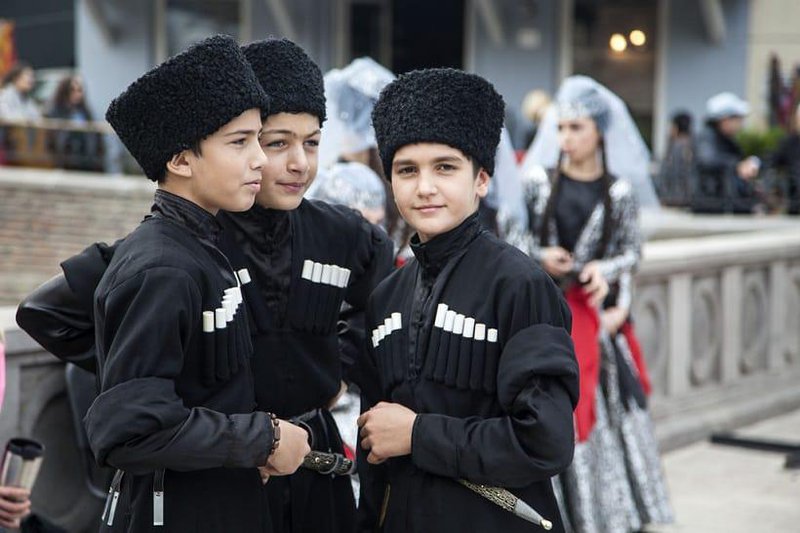
SOME OF THE MOST BEAUTIFUL SURNAMES IN GEORGIA
| Zguladze | Butskhrikidze |
| Darakhvelidze | Chogovadze |
| Asatiani | Cyclauri |
| Kapanadze | Kerdikoshvili |
| Asmogulia | Japaridze |
| Kilasonia | Kobalia |
| Kavjaradze | Vachnadze |
| Makharadze | Badurashvili |
| Ninidze | Shervashidze |
| Kalatozishvili |
List of declension rules
The structure of family names of Georgians are given only according to strictly established rules. When a baby is baptized, he is given a name, which can later be turned into a surname by attaching a suffix ending to it. For example: Maysuradze. This is a very common practice on the territory of Georgia. The surname can be formed from Muslim names or from any names.
There are also Russian elements in Georgian surnames. Thus, Russian-language endings appeared in them, such as Panchulidzev, Salukadzev, and so on. Many Georgian surnames are modernized by replacing the suffix with Russian, for example: Dzhugashvili–Dzhugashev, Rogashvili–Rogachev. Of course, many have undergone changes due to the translation of the surname from one language to another.
Today this is a common thing, no one pays much attention to it. But it is worth focusing on the fact that sometimes surnames cannot be declined.
If the male and female forms are the same;
If the surname ends in vowel suffixes: -ia, -ia and -aya; for example: Gurtskaya, Garcia, Heredia. These surnames are not inclined.
Studying Georgian surnames is a very exciting activity that requires special attention, because the history of their origin was formed many centuries ago. They are not only beautiful, but also have an important role and significance for Georgian culture. It is not difficult to determine them. Most often surnames are constructed:
- from the names of their carriers, by adding special suffixes to them;
- from the name of the region or locality in which the person was born;
- inherited from parents.
The Madloba catalog is pleased to introduce you to customs and traditions of Georgia. Studying Georgian surnames is very exciting and informative. Historical events leave their imprint on descendants, give rise to a new round in the pedigrees.
Over time, word formation has changed a lot, the meaning of some word forms has acquired other meanings. However, the main thing – the beauty and sonority of Georgian surnames – remained the same.
Write in the comments what interesting and unusual surnames you have met among the residents of Georgia, which came across more often than others. Let's get acquainted with the incredible Caucasian country together!
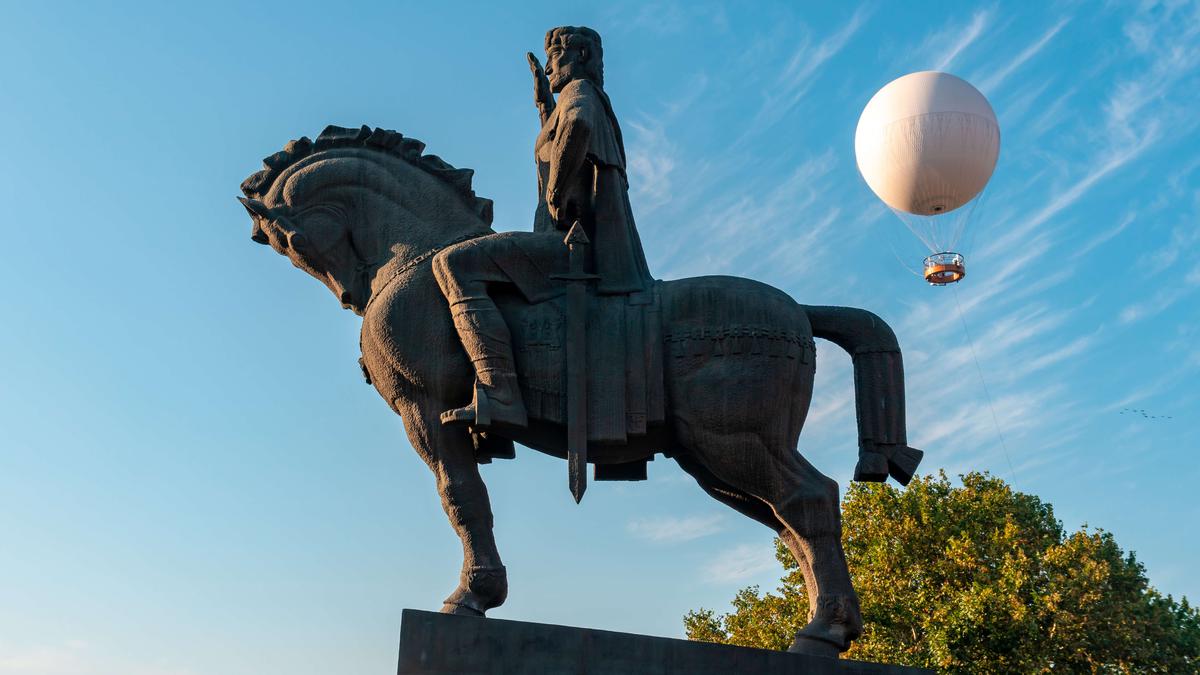


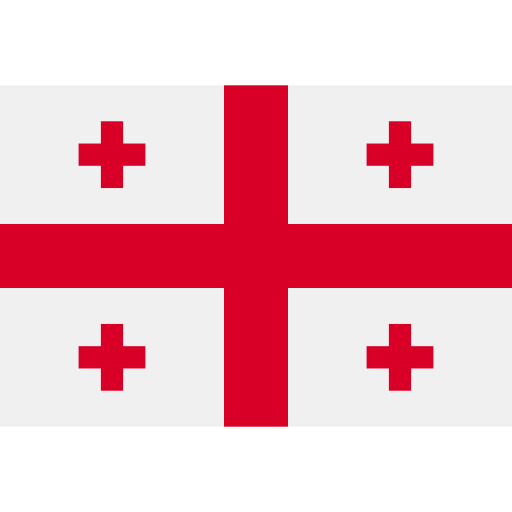

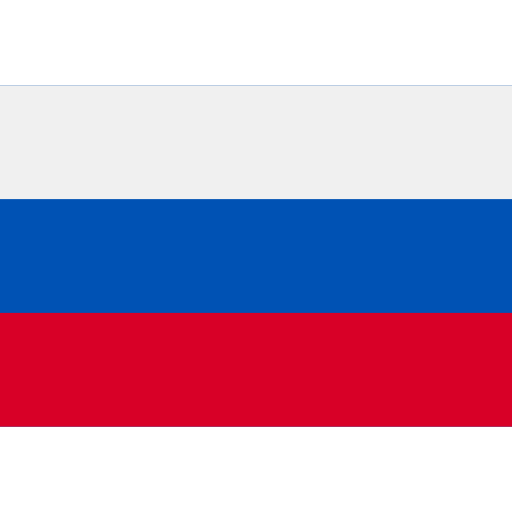







8 comments
Log in to leave a comment